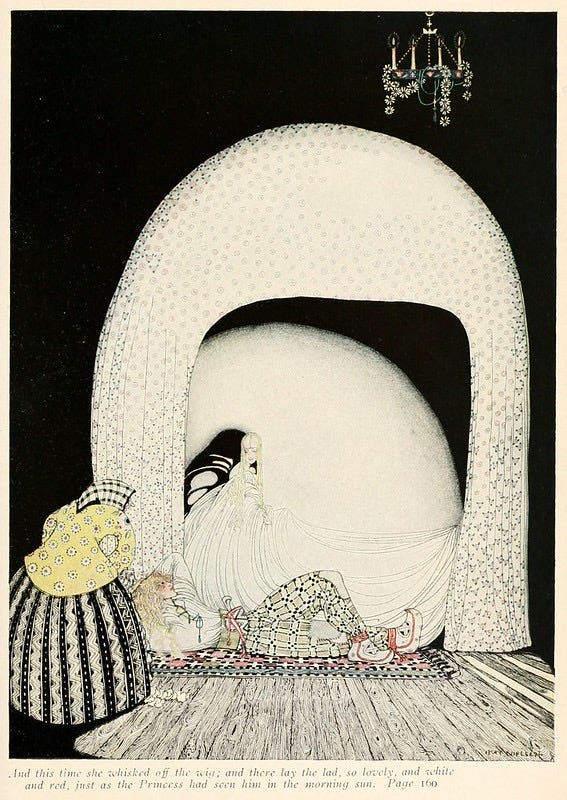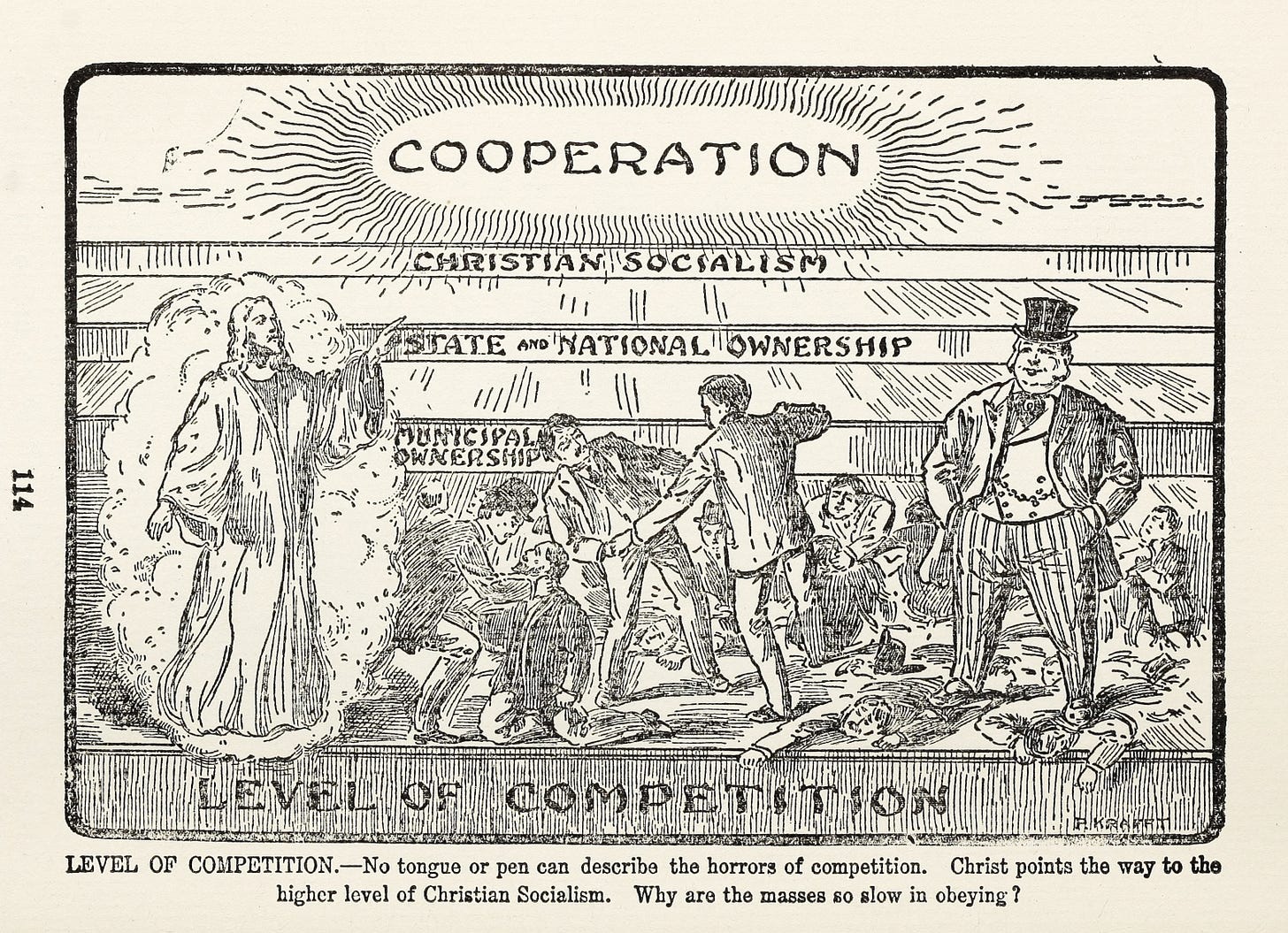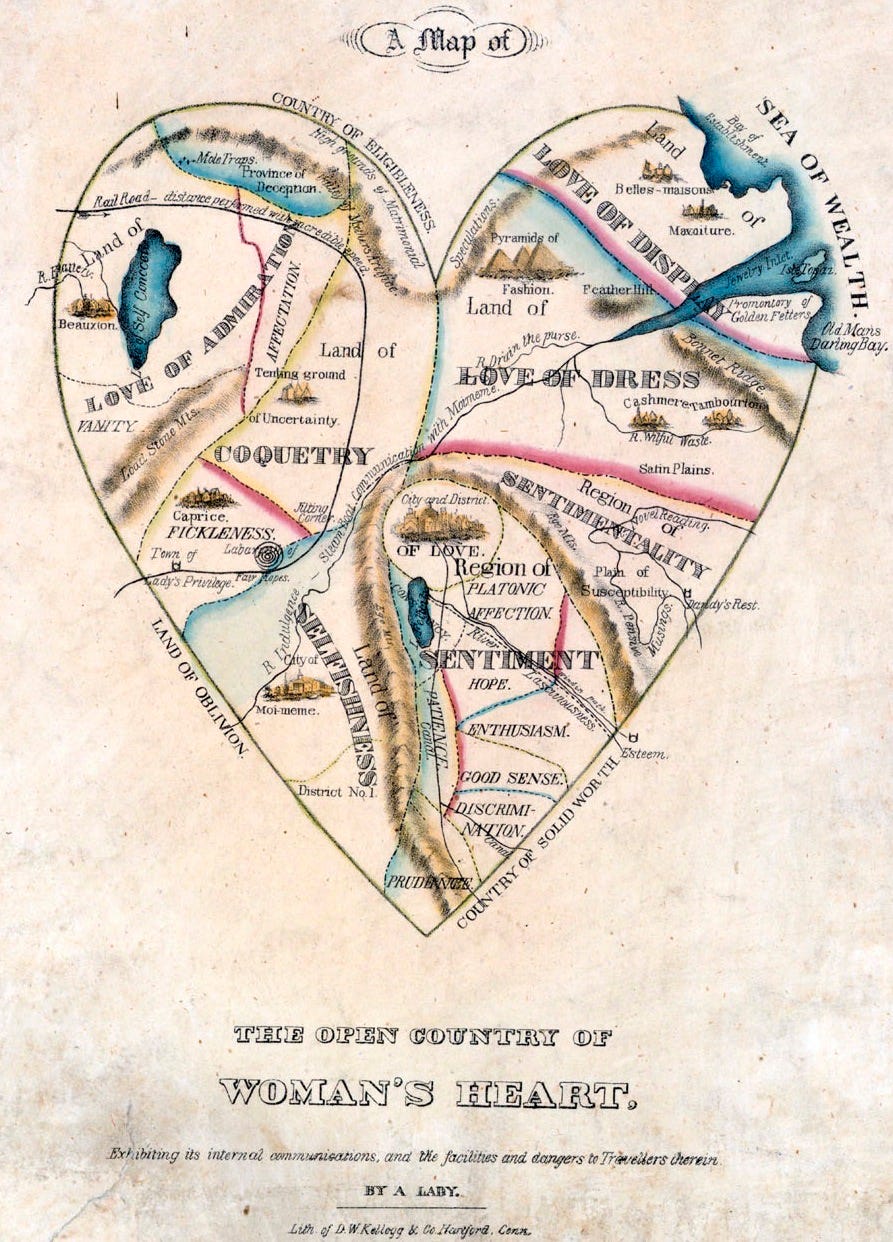When I stopped performing, I became disposable. In the silence, I began to see the systems that shaped my suffering.
There’s a grief that doesn’t have a funeral.
A disconnection that doesn’t come with closure. Estrangement, alienation, isolation—these are not just personal tragedies. They are systemic symptoms.
When I first began to be anlienated from my children, I thought it was a failure—mine or my ex husband's, or maybe both. A cacophony of blame engulfed me, really. I agonized over what I could’ve done differently. I analyzed every interaction. I begged God for reconciliation. I blamed my brain, my boundaries, my brokenness. My inability to accept substandard conditions.
But over time, what I began to see what isolation forced me to see: the pain of separation is not always born from dysfunction alone. Sometimes, it’s born from resistance. From refusing to participate in the performance. From daring to name harm. From daring to stop being small.
Estrangement and alienation have taught me more about the world we live in than any textbook ever could.
Capitalism Demands Performance, Not Presence
In a world that values output over wellbeing, estrangement becomes a kind of spiritual exile. You’re not just cut off from people, you’re cut off from the acceptable script of productivity and normalcy. When you’re grieving, healing, or simply surviving, capitalism has no patience for your pace. It wants your labor, not your lament.
There is no room for crisis in late-stage capitalism unless you can package it into a brand or a hustle. There is no paycheck for processing trauma. No health insurance for heartbreak. The moment you can’t contribute in the right way, you become inconvenient. Disposable.
And so isolation becomes practical: fewer needs, fewer witnesses, fewer disruptions to the machine.
Patriarchy Punishes the Truth-Tellers
As an AFAB person, I was raised to believe that keeping the peace was more important than being at peace. That being good meant being silent. That family was sacred, even when it was violent. That daughters should forgive endlessly, give unconditionally, and never outgrow the roles assigned to them.
I think most young girls are subjected to the same messaging, whether intentional or not. My family of origin did a pretty good job of supporting my dreams and raising me to be a strong person. But I still received the message that being married was the end goal. That children were an automatic blessing in every scenario. So I yearned for marriage and children.
I wouldn’t know my childhood and adolescence without that familiar yearning. I longed to be useful. If that meant being married and having babies then that’s what I wanted.
When I spoke up about the harm I experienced in my marriage, I was no longer seen as loyal. I was seen as disloyal, dramatic, difficult. I was called ungrateful, too sensitive, too much. But really, I had simply stopped agreeing to be erased.
My marriage thrived on patriarchal values and the exploitation of my physical, emotional, and mental labor. Without that exploitation, it imploded.
Patriarchy thrives when women stay in our place—especially within families. The moment we break that silence, the system reasserts itself. Through shame. Through exile. Through erasure.
Ableism Makes Belonging Conditional

Living with neurodivergence in a neurotypical world means constantly translating yourself. But when you’re autistic or have PDA or ADHD, there’s often no acceptable way to express need, pain, or overwhelm. You’re either too much or not enough. Too emotional or too flat. Too intense or too withdrawn.
And when those ways of being don’t conform to the unwritten rules of family, work, or friendship, you become “difficult to be around.” You get labeled as unstable, manipulative, lazy, or selfish. But what you’re really doing is surviving, often without the accommodations or understanding you need.
Estrangement has taught me that I wasn’t failing to be loved. I was simply being honest about my limits in a world that punishes anyone who won’t pretend to be okay.
A New Life

Estrangement hurts because it isolates you from the people you loved. But it also reveals what kind of love was on offer in the first place. Was it love that could handle truth? Was it love that had room for disability, for neurodivergence, for anger, for change?
Too often, the answer is no. Because these systems—capitalism, patriarchy, ableism—don’t just shape institutions. They shape families. They shape relationships. They tell us who is worthy of support, and who must earn their place through sacrifice, silence, and obedience.
I no longer see my isolation as a reflection of my unworthiness. I see it as the consequence of refusing to betray myself any longer. And that doesn’t make it easy. But it does make it clearer.
Rebuilding in the Rubble

What now? For me, it’s been about rebuilding—slowly, imperfectly, on my own terms. Finding chosen family. Claiming rest without guilt. Telling the truth even when it costs me. Letting myself be seen in all my messy, nonlinear healing.
Estrangement and alienation stripped me bare. But in the wreckage, I found something sacred: my autonomy. My clarity. My capacity for connection that isn’t coerced.
This grief is not a personal defect. It is a doorway. And on the other side, I’m learning how to live without begging for space in systems that never wanted me whole.
💬 I’d love to hear from you:
Have you experienced estrangement that opened your eyes to broader systems?
What truths did your isolation reveal?
What does it mean to build something new, when you were never meant to survive the old?






For me, estrangement has meant emotional and psychological safety and control over my own thoughts, feelings and memories again.
It's meant the chance at regaining and reclaiming a sense of my own reality, rather than the reality i was made to believe for so many years.
It has meant having the choice to believe my own truth and my own story and begin to feel safe telling it to the world with less shame than I have ever experienced.